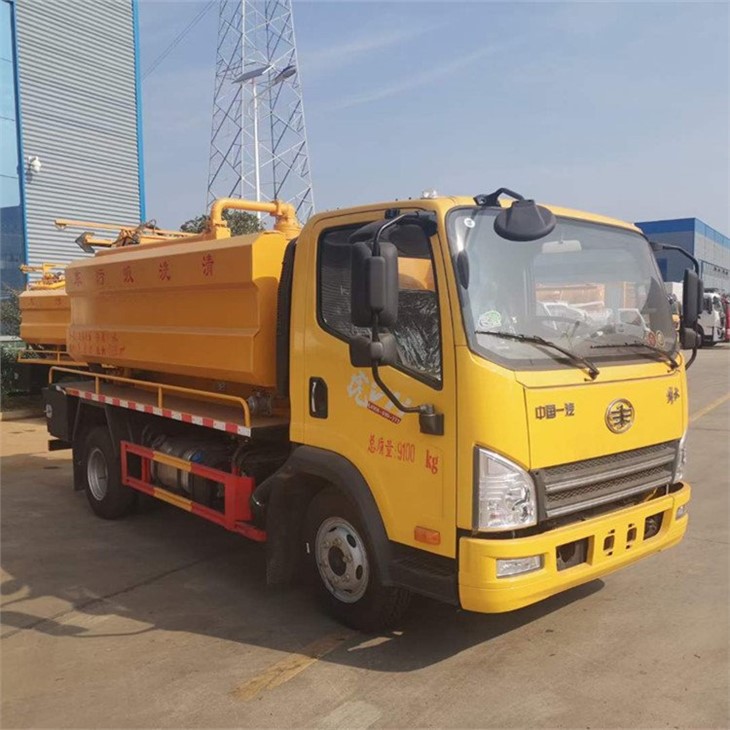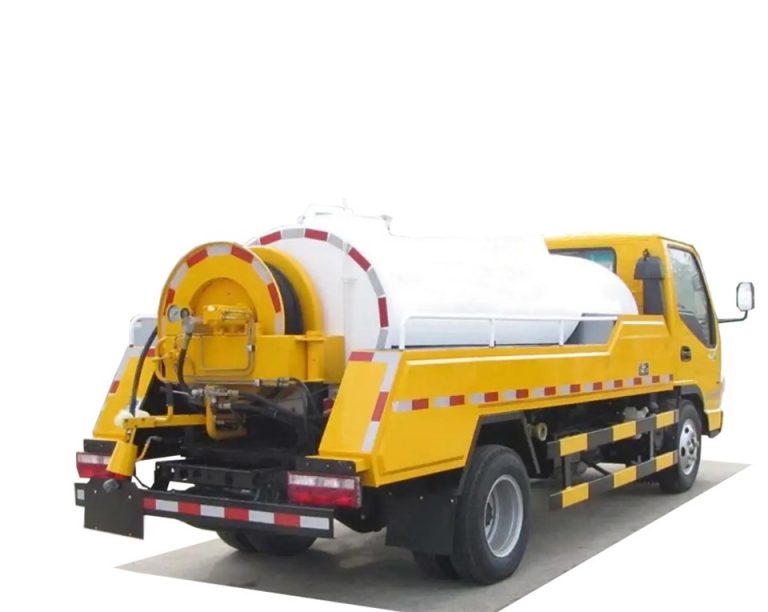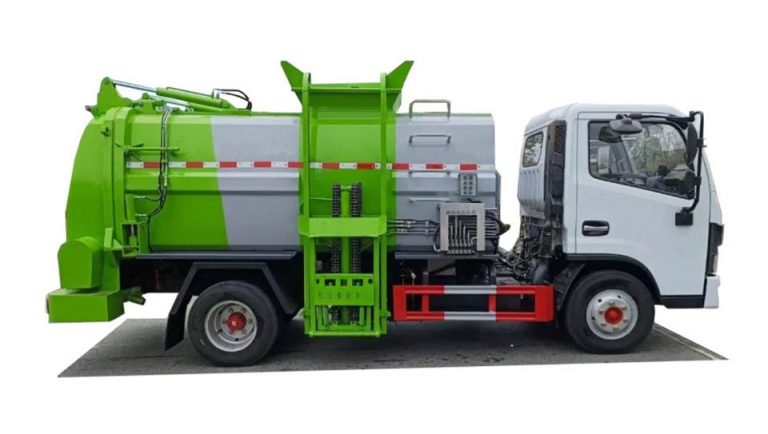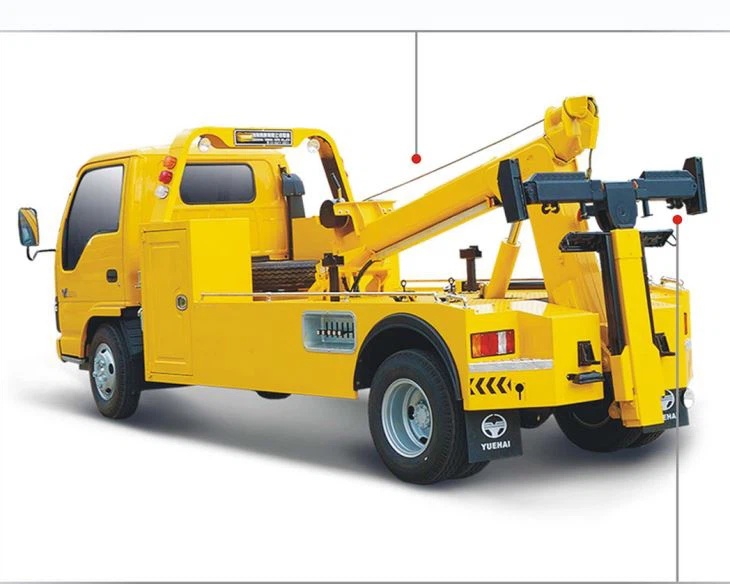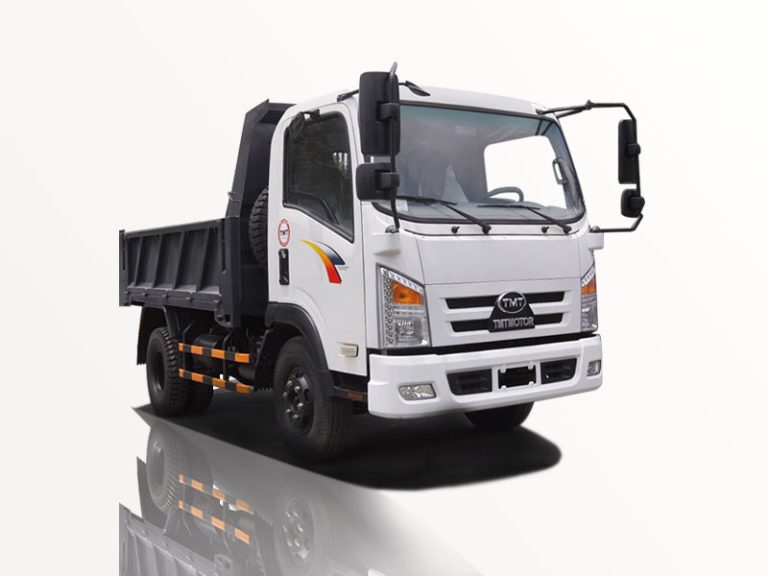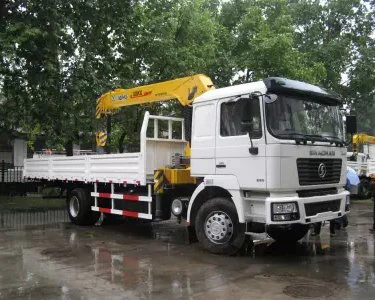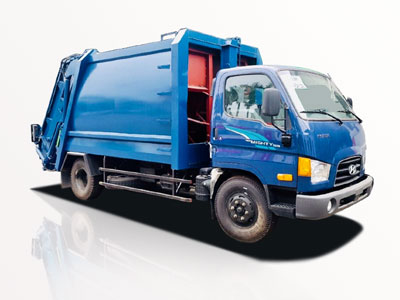Garbage trucks play a vital role in maintaining cleanliness and hygiene in our communities. In Japan, where waste management is taken very seriously, the terminology, usage, and cultural implications surrounding garbage trucks offer a unique perspective. This article delves into all aspects of garbage trucks in Japan, providing valuable information for anyone interested in Japanese culture, language, or urban management systems.
What is a Garbage Truck in Japanese?
The term “garbage truck” is translated into Japanese as ゴミ収集車 (ごみしゅうしゅうしゃ, gomi shuushuusha). This term encompasses the vehicle used for collecting waste, along with the concept of waste collection itself.
Understanding Waste Management in Japan
The Importance of Waste Management
Japan is notorious for its meticulous waste management and recycling systems. The country’s approach emphasizes sustainability through minimal waste generation and efficient disposal methods.
The Role of Garbage Trucks
Garbage trucks in Japan are essential to the country’s waste collection system. They are equipped to collect different types of waste, from general garbage to recyclables and food waste, ensuring that waste is properly sorted and disposed of.
Types of Garbage in Japan
Understanding the types of waste collected by garbage trucks is crucial for effective waste management.
1. General Waste (一般ゴミ)
This category includes non-recyclable items such as broken furniture, used diapers, and other household trash. Japan mandates that this type of waste be placed out for collection on specified days.
2. Recyclable Waste (資源ゴミ)
Recyclable waste includes paper, plastic, and glass. Local governments provide specific guidelines on how these materials should be sorted before collection.
3. Organic Waste (生ごみ)
Food scraps and other organic waste fall under this category. Many municipalities offer weekly collection services for organic waste, which is often composted.
How Garbage Trucks Operate in Japan
Scheduled Collection Days
Garbage trucks operate on carefully calculated schedules. Residents are informed about collection days through local government pamphlets, which communicate when each type of waste should be put out for pick-up.
Sorting Waste
Before waste can be collected, it must be properly sorted. Local authorities provide clear instructions on how waste should be separated. This process is crucial for recycling efforts and environmental sustainability.
Community Involvement
Community participation plays a vital role in Japan’s waste management system. Residents are encouraged to engage in sustainable practices, from reducing waste at home to participating in local clean-up events.
Technology in Garbage Trucks
Modern Innovations
Japanese garbage trucks are often outfitted with the latest technology, ensuring efficient collection and the minimization of environmental impact. Some advancements include:
- GPS navigation systems for optimized routes
- Compactors to reduce the volume of waste
- Electric and hybrid options to lower emissions
Safety Features
Ensuring safety during garbage collection is paramount. Trucks are equipped with cameras, sensors, and alarms to protect both workers and pedestrians.
Cultural Aspects of Garbage Collection in Japan
The Japanese Philosophy of Waste Reduction
The concept of “Mottainai” reflects a cultural principle of minimizing waste and repurposing materials. This philosophy is integrated into Japanese waste management practices.
Community Engagement
Local festivals and events often include community clean-up activities. These events promote awareness of waste management and cultivate a sense of community responsibility.
Challenges in Waste Management
Population Density
Japan’s high population density presents unique challenges for garbage collection, making it essential for garbage trucks to navigate crowded urban areas effectively.
Public Awareness and Participation
While Japan has a solid waste management system, continuous education is necessary to ensure that citizens understand their roles and responsibilities in the process.
Future of Garbage Trucks in Japan
Smart Technologies and Innovations
The future of garbage trucks in Japan may involve even smarter technologies, including autonomous vehicles and AI-driven waste sorting systems.
Sustainability Trends
As Japan continues to prioritize environmental protection, garbage trucks will likely adopt newer, more sustainable practices, including increased reliance on renewable energy sources.
Practical Tips for Residents
Proper Waste Sorting
- Use designated bins for recyclables and organic waste.
- Make sure items are clean and dry before disposal.
Engage with Local Programs
Participate in local waste management programs to stay informed about collection schedules and community events focused on recycling and waste reduction.
Frequently Asked Questions (FAQs)
1. What do garbage trucks collect in Japan?
In Japan, garbage trucks collect general waste, recyclable materials, and organic waste.
2. How can I properly sort my waste?
Check local government guidelines for specific sorting instructions, which typically differentiate between general trash, recyclables, and organic waste.
3. What are the collection schedules for garbage trucks?
Collection schedules vary by municipality; check local government resources for specific days and types of waste accepted.
4. Are there penalties for improper waste disposal?
Yes, local authorities in Japan impose fines for improper waste disposal to encourage compliance with regulations.
5. How do garbage trucks minimize environmental impact?
Many garbage trucks in Japan utilize GPS for efficient routing, as well as electric or hybrid technologies to reduce emissions.
6. What is the future of waste management in Japan?
The future of waste management in Japan will likely include more sustainable practices, advanced technologies, and increased public engagement in reducing waste.
